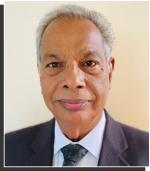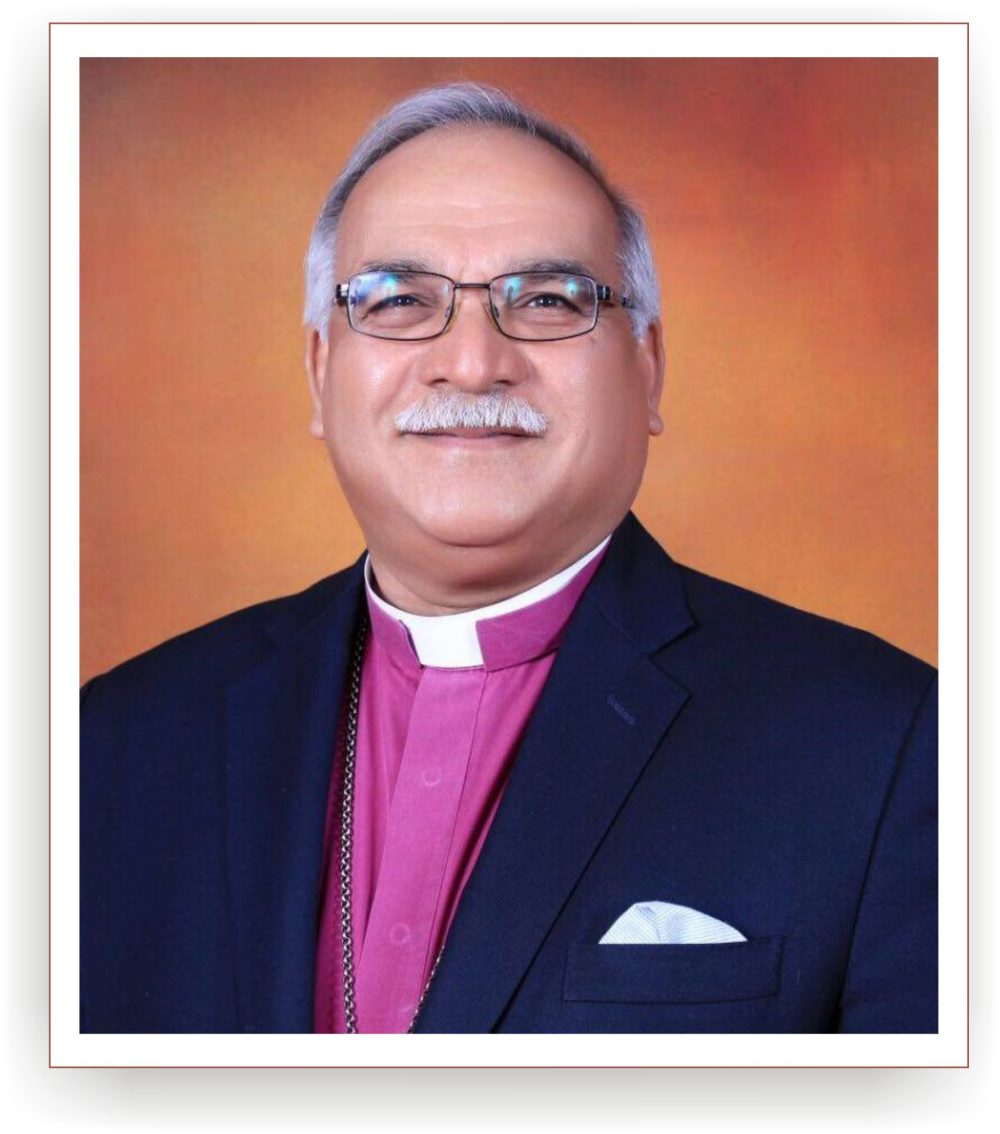By Dr. Everest John
On September 21, 2025, State Farm Stadium in Glendale, Arizona, hosted a memorial for Charlie Kirk, the 31-year-old conservative activist assassinated three days earlier at Utah Valley University. As thousands mourned, his widow, Erika Kirk, 36, delivered a staggering declaration: she forgave the killer, 22-year-old Tyler Robinson. “I forgive him because it was what Christ did and what Charlie would do,” she said, sparking a thunderous ovation. This act of radical forgiveness, rooted in her evangelical faith, reverberated globally, offering profound lessons for Christians and societies navigating division.

Charlie Kirk: A Life Cut Short
Charlie Kirk founded Turning Point USA in 2012 at age 18, becoming a conservative icon through fiery debates and a mission to reach young men lost to cultural drift. His assassination on September 18, 2025, by a troubled youth—the very demographic he sought to redeem—stunned the nation. Shot during a speech, Kirk died instantly, his body flown home on Air Force Two, arranged by Vice President JD Vance. Erika, his partner since 2019, described their marriage as a covenant of love, marked by Charlie’s weekly notes asking, “How can I better serve you as a husband?” Her forgiveness of Robinson honored Kirk’s vision, transforming tragedy into testimony.
The Memorial: Mercy Over Vengeance
At the memorial, Erika recounted racing to a Utah hospital, finding solace in Charlie’s “faintest smile” in death—a sign of divine mercy. Facing the killer, she invoked Luke 23:34: “Father, forgive them, for they know not what they do.” “I forgive him,” she declared, adding, “The answer to hate is not hate, but love.” She urged men to embrace “true manhood” in service, echoing Charlie’s call to strengthen families for God’s glory. The stadium erupted, and her words, livestreamed globally, drew praise from figures like Joe Scarborough, who called it a “Christian message of love,” and Mehdi Hasan, who deemed it “very moving.”
Christian Lessons: Living the Cross
Erika’s forgiveness offers a masterclass for Christians worldwide:
Obedience Over Emotion: Forgiveness isn’t feeling-based but a choice, mirroring Christ’s prayer on the cross (Luke 23:34). It challenges believers to prioritize God’s command (Matthew 6:14-15) over personal pain, resisting outrage’s pull.
Redemption for Enemies: By forgiving a young man like those Charlie mentored, Erika embodied Romans 5:8—“While we were sinners, Christ died for us.” This urges Christians to see adversaries as redeemable, praying for persecutors (Matthew 5:44).
Faith and Family: Erika’s call to “true manhood” reflects Ephesians 5:25, urging men to love sacrificially. Her resilience shows churches how to uplift widows, amplifying their witness.
Strength in Weakness: Her tearful yet resolute stand, lauded even by skeptics, proves 2 Corinthians 12:10—“When I am weak, then I am strong.” Vulnerability becomes a powerful witness.
Global Lessons: Healing Divided Societies
Erika’s act transcends faith, offering nations a path through polarization:
Breaking Vengeance Cycles: In conflict zones like Rwanda or the Middle East, forgiveness halts retribution’s spiral, as seen in South Africa’s Truth and Reconciliation Commission. Erika’s example suggests empathy as a diplomatic tool.
Countering Polarization: In democracies like the U.S. or Brazil, her “love over hate” stance counters populist anger, promoting unity over division.
Reaching Lost Youth: Kirk’s focus on mentoring young men highlights prevention through education and mental health support, addressing radicalization’s roots globally.
Restorative Justice: Nations like Norway show forgiveness-based systems reduce recidivism, fostering societal healing. Erika’s act underscores this potential.
A Legacy of Love: Erika Kirk’s forgiveness wasn’t weakness but a battle cry, honoring Charlie’s mission and Christ’s example. For Christians, it’s a call to live the Gospel radically. For nations, it’s a blueprint to mend fractures through mercy. As her words echo—“The answer is love”—they challenge us all: Whom can we forgive today? Erika Kirk’s public words of forgiveness toward the man who killed her husband became a living example of how faith can rise above tragedy. In choosing love instead of bitterness she reflected the heart of Christ’s teaching, not only for Christians but for all who value compassion. Many believers saw in her a testimony that forgiveness is not just an idea in scripture but a real act that brings peace even in moments of unbearable loss. Her response showed that hatred does not have to be the last word, and that mercy can speak louder than revenge. People from other religions and moral traditions also recognized the courage behind her choice, because forgiveness is a virtue honored across cultures. Her act invited reflection about our own struggles with resentment and the possibility of healing when we let go. It reminded the world that forgiveness does not excuse injustice but frees the heart from being chained to anger, opening a path toward reconciliation and hope.
Lord, surround Charlie Kirk’s family with Your comfort, give them peace in their sorrow, and fill their hearts with hope and strength through Your unfailing love. Amen!
*******







